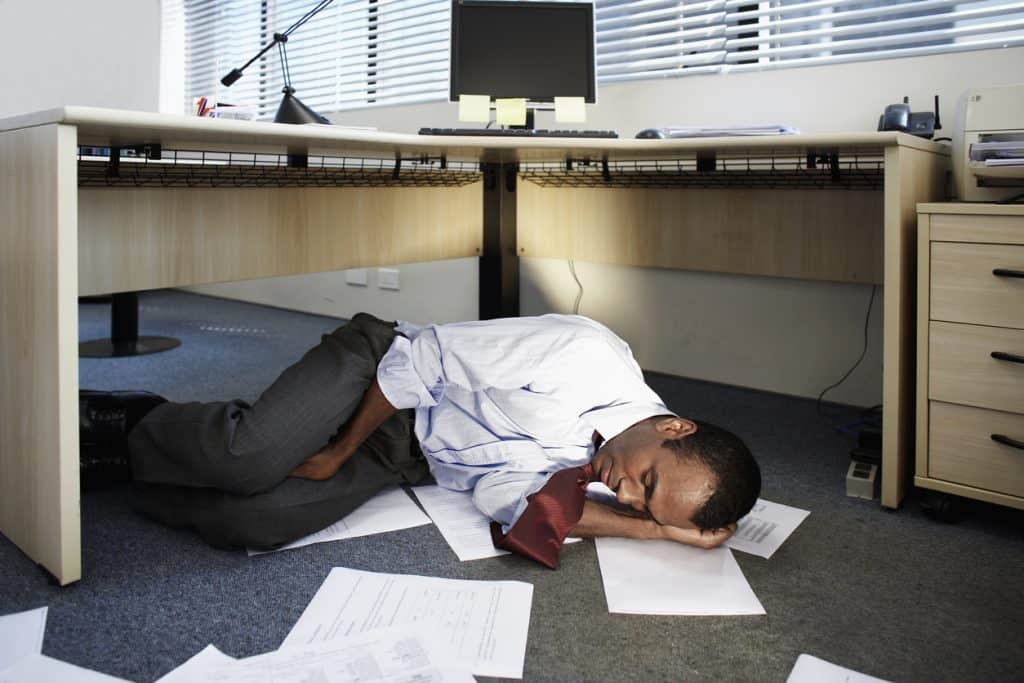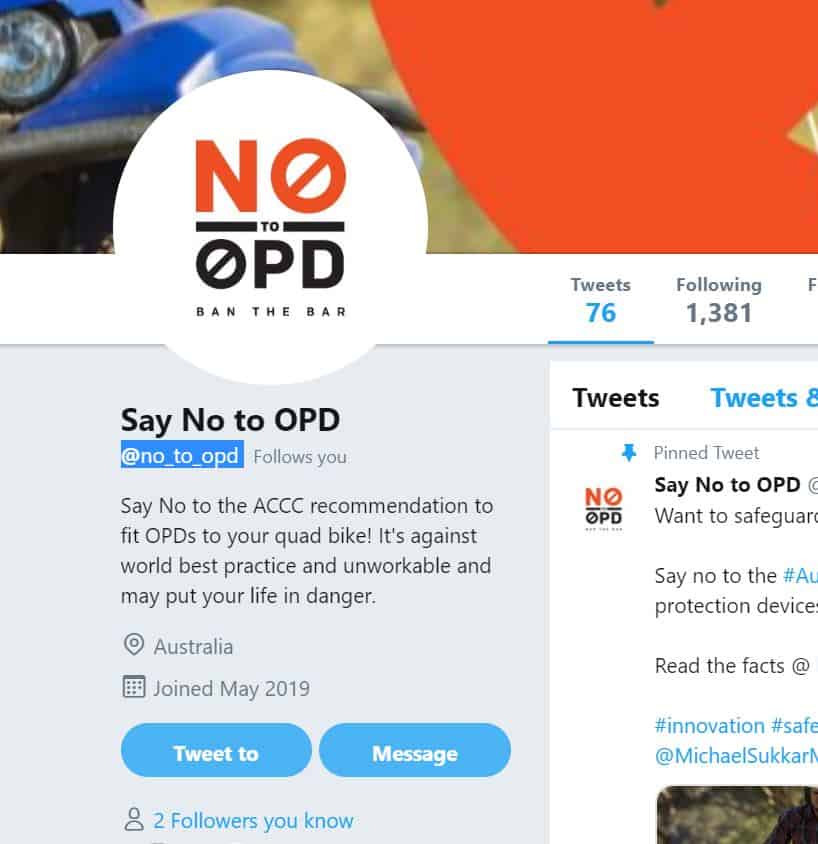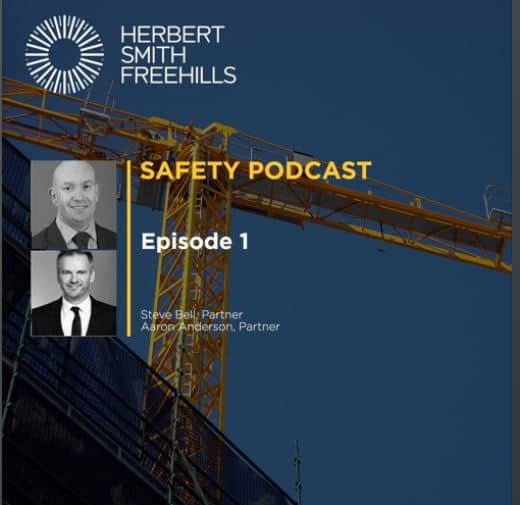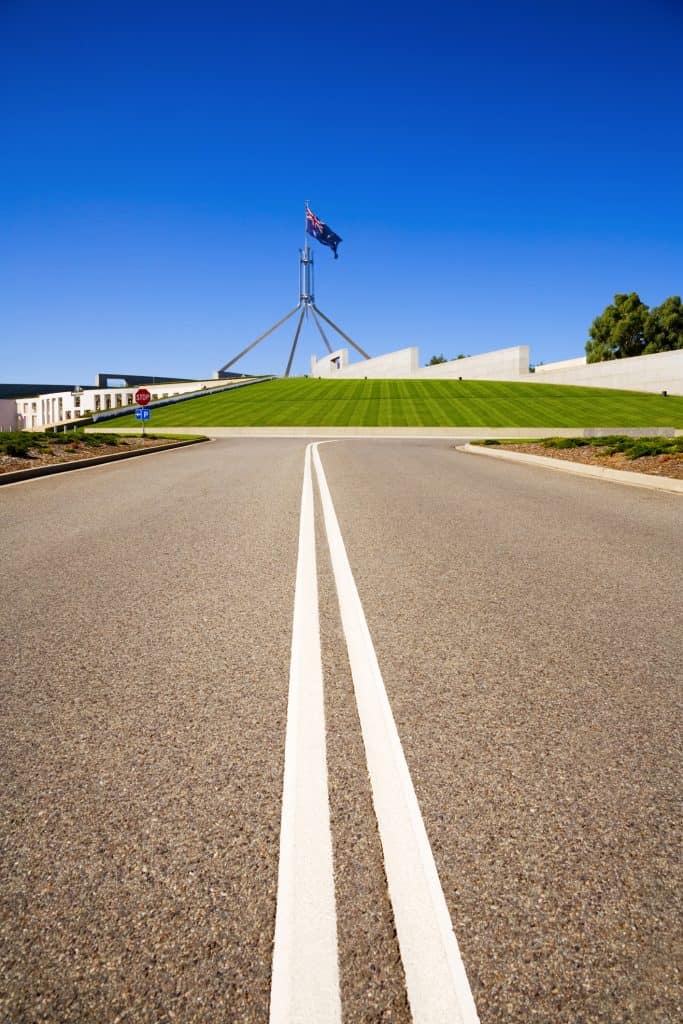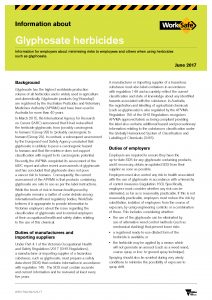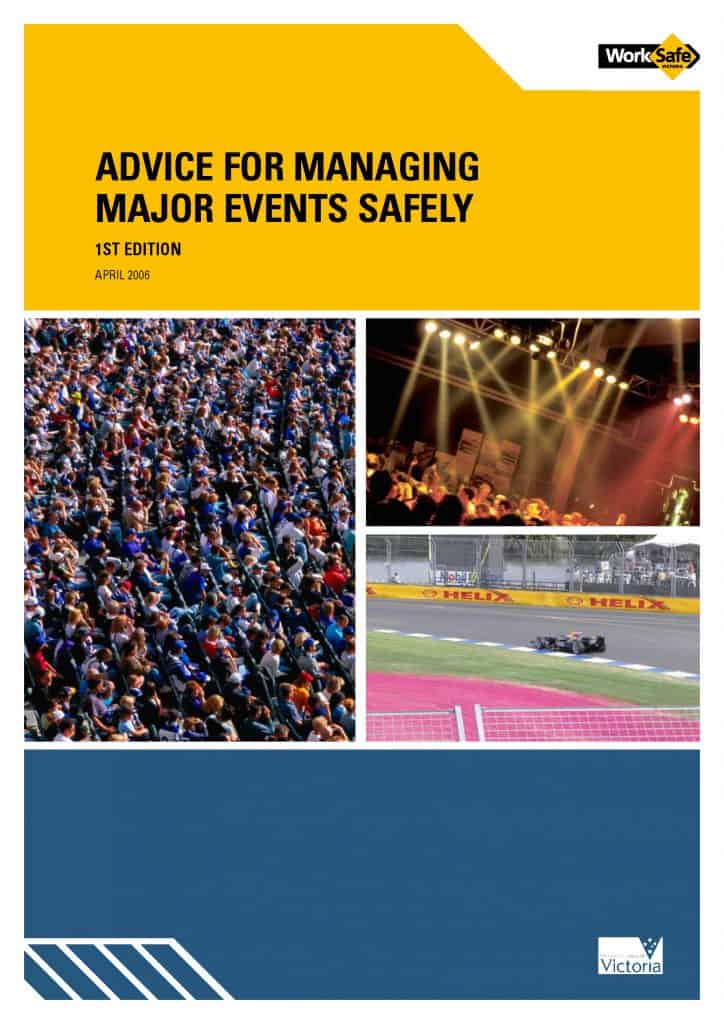
[Updated 12 noon 12 June 2019]
Why do some companies accept or propose an Enforceable Undertaking in relation to breaches of occupational health and safety law? This media statement from WorkSafeNT dated June 7, 2019 illustrates one answer:
“Car Festivals Pty Ltd and the Northern Territory Major Events Company Pty Ltd committed to spend a combined $1.2 million in legally binding agreements, when it became clear NT WorkSafe was considering laying charges over the incident.” (emphasis added)
This reads like someone has calculated the potential cost (fines, etc) to the companies from an OHS prosecution and has opted for the cheaper option. And $1.2 million is a hefty financial commitment.


